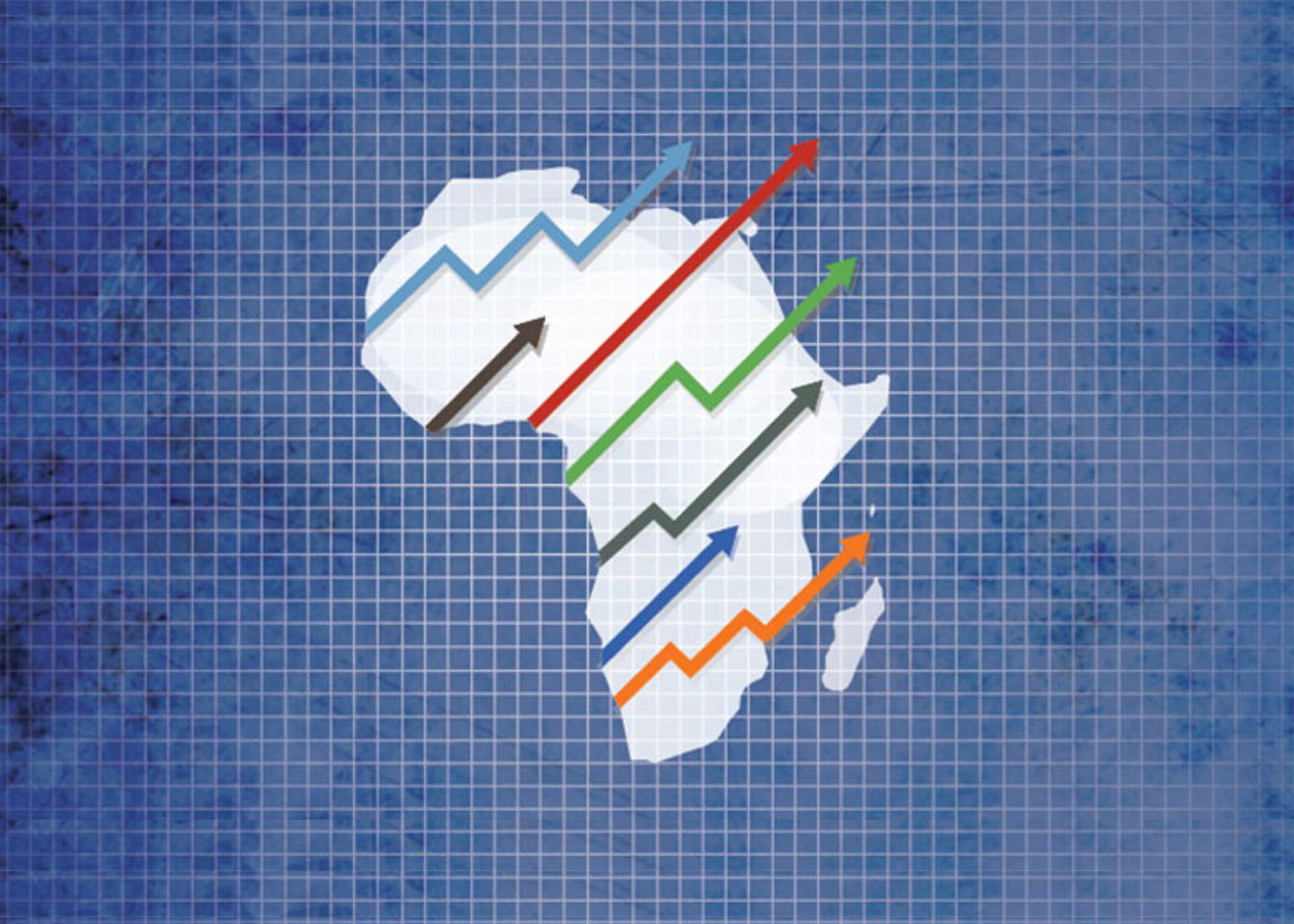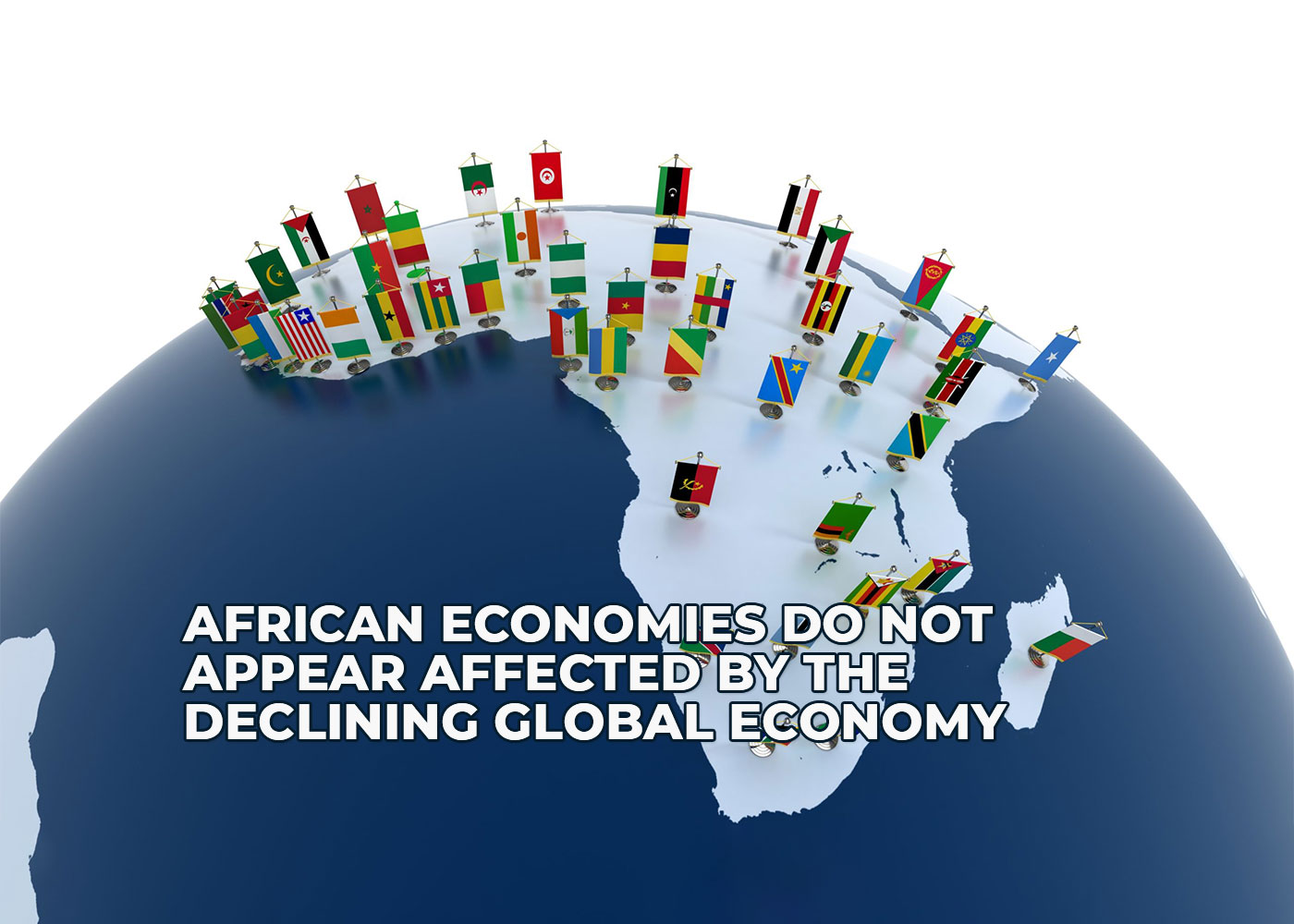
African economies continue to be robust despite several shocks, with 53 of 54 African nations expected to sustain positive growth and a stable outlook for the years 2023–2024, according to projections made by the African Development Bank.
A huge opportunity exists for low-income economies to recover from shocks like the Covid-19 pandemic due to Africa‘s abundant natural capital, massive youthful population, and growing economy, according to Prof. Kevin Urama, Acting Chief Economist and Vice President for Economic Governance and Knowledge Management at the bank.
How did the Decline in Global Economy Affect African?
Significant obstacles that African nations must overcome include the current state of the global economy, the difficulty of servicing domestic debt, and the residual impacts of the Covid-19 outbreak. Food insecurity is increasing along with the possibility of civil unrest in low-income nations, notably Africa, since inflation is advancing quickly and food and commodity prices continue to climb.

Urama stated that more than 345 million people worldwide currently experience severe food insecurity and that there is a need to enhance access to food, energy, and infrastructure that can effectively address some of these issues.
However, African economies can still find a space for growth through their abundant resources.
IMF Reports Suggest That Low-Income Nations are at a Crossroads
The International Monetary Fund (IMF) report was delivered by Roland Kangni Kpodar, Deputy Division Chief for Strategy, Policy, and Review. He claimed that low-income nations had been most adversely affected by the Covid-19 epidemic.
The health systems in low-income nations were badly impacted by the pandemic because they were already frail before the pandemic, according to Kpodar, despite the low number of Covid-19 diagnosed cases.
Along with negative effects on health, Kpodar said that these nations’ efforts to enhance their human capital were hampered by the loss of instructional time brought on by school closures.
He said that the significant negative effects of the epidemic on the economy of low-income nations of Africa demonstrated their high structural sensitivity to shocks and the limited policy options they had even before the outbreak.
However robustly many growing African economies have handled the situation, there could be challenges going forward in 2023, and the African countries must be wary of the upcoming days, Urama suggests.
You might check:Goldman Sachs: Oil Could Rise Above $100 Again






